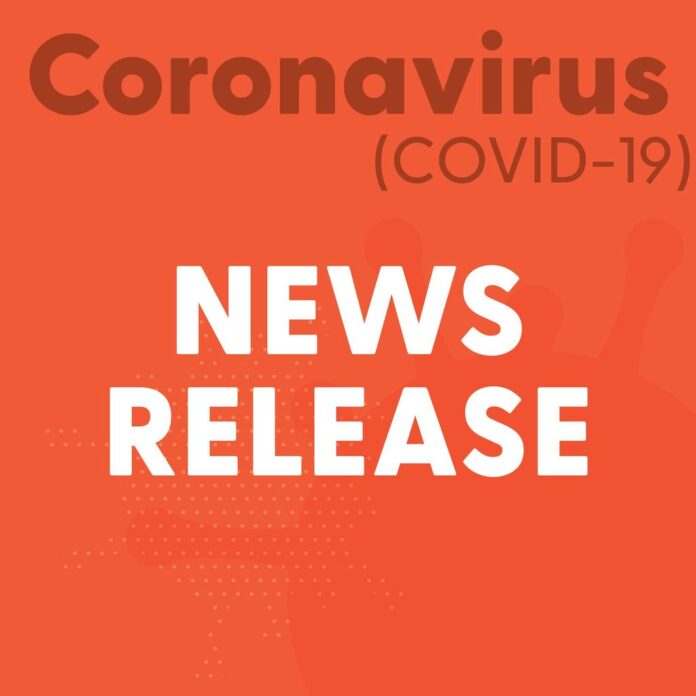MONTGOMERY, Ala. – Monoclonal antibody treatment for COVID-19 helps those at high risk for serious illness by building rapid immunity to the virus and preventing hospitalization, though these products are only for those at high risk for serious illness, individuals who have recently tested positive for COVID-19 or people who are close contacts of someone who tested positive.
The U.S. Department of Health and Human Services recently announced that monoclonal antibodies for treatment of COVID-19 are temporarily under allocation and must be tracked by health care providers to ensure they are distributed where needed. Not everyone qualifies for non-hospitalized patient treatment with monoclonal antibodies. Alabama health care providers will review the criteria for administrating them and to prioritize patients based on their risk of progression to severe COVID-19 disease.
Alabama Department of Public Health Chief Medical Officer Dr. Mary McIntyre stated, “It is important to understand that post-exposure preventive monoclonal antibodies are not a replacement for vaccination. Prevention of any disease, including COVID-19, disease is always best when it is an available option. The best way to prevent any infectious illness is to avoid being exposed to it. People have the power to protect themselves and their families by reducing the chance of being exposed and of exposing others.”
The three monoclonal antibody products under Emergency Use Authorization for the treatment of mild to moderate COVID-19 are not authorized for use in persons who are hospitalized due to COVID-19, who require oxygen therapy due to COVID-19, children less than 12 years old or persons who require an increase in baseline oxygen flow rate due to COVID-19 in those with other underlying, non-COVID-19 conditions.
Providers are strongly encouraged to consult with pediatric infectious disease specialists when considering treatment of children and teens and are asked to consider preventive monoclonal antibody treatment for individuals who:
· Are at high risk for developing severe COVID-19
· Have a positive COVID-19 test and have not yet been admitted to the hospital
· Are 12 years of age or older and weigh at least 88 pounds
Post-exposure preventive monoclonal antibody treatment should be considered for individuals who have been exposed and who are:
· High risk for developing severe COVID-19
· 12 years of age or older and weigh at least 88 pounds
· Not fully vaccinated or vaccinated but immunocompromised or on immunosuppressive treatment
Treatment should be given as soon as possible (within 10 days) after a close contact to a positive case of COVID-19, to patients who tested positive for COVID-19 and who are at “high risk” for disease progression to severe COVID-19.
High-risk conditions include any of the following:
· Immunosuppressive disease or weakened immune system such as rheumatoid arthritis, Lupus, cancer or HIV,
· Currently receiving immunosuppressive treatment,
· 65 years of age or older,
· Overweight (Adult – body mass index over 25, Child – body mass index greater than the 85th percentile for age and gender),
· Pregnancy,
· Chronic kidney disease,
· Diabetes (Type 1 and Type 2),
· Cardiovascular disease/hypertension,
· Chronic lung disease such asthma, or other chronic respiratory disease requiring daily medications for control,
· Sickle cell disease,
· Neurodevelopmental disorders such as cerebral palsy and
· Medical-related technological dependence (for example: tracheostomy, gastrostomy or positive pressure ventilation not related to COVID-19).
To locate a site where monoclonal antibodies have been delivered in Alabama, visit https://alpublichealth.maps.arcgis.com/apps/MapSeries/index.html?appid=d84846411471404c83313bfe7ab2a367.
More information is available at https://www.alabamapublichealth.gov/covid19/prevention.html.



























